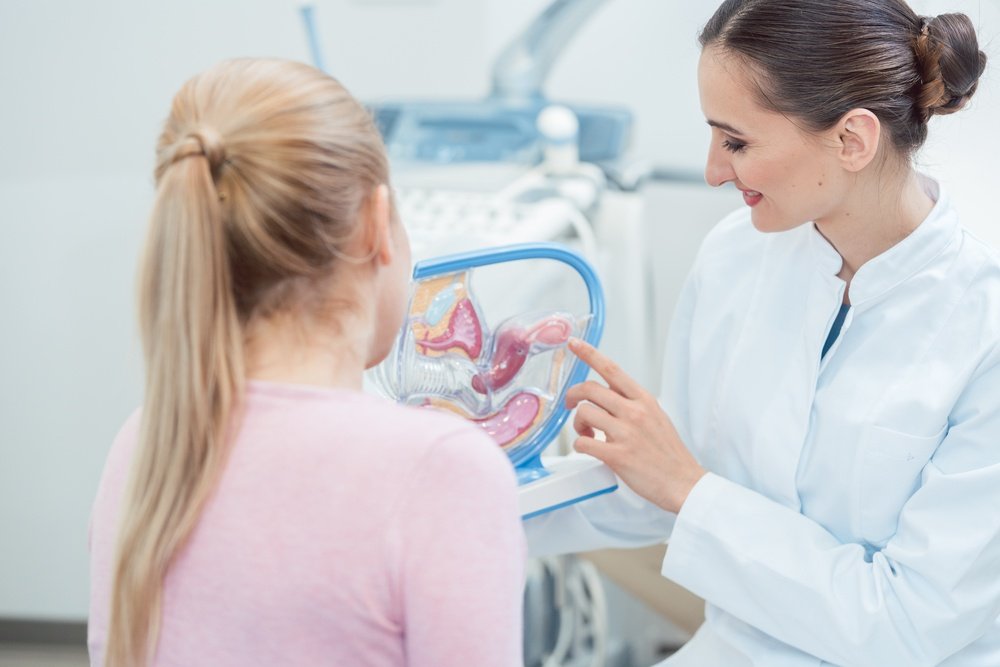PCOS Diagnosis
The diagnosis of PCOS (polycystic ovary syndrome) can be made by the combination of physical examination, blood testing for hormone levels, and pelvic ultrasound. Additional tests for blood sugar and insulin levels may also be performed.
How is PCOS (polycystic ovary syndrome) treated?
Treatment of polycystic ovary syndrome is tailored to the patient’s reproductive goals: if the patient is trying to get pregnant, different therapy is required than for control of bothersome androgenic-associated symptoms.


Anti-Androgenic Therapy to Relieve PCOS Symptoms
Estrogen-progestin combinations in oral contraceptives are often used to control irregular menstrual cycles, and to improve hirsutism and acne. Obviously, if pregnancy is the PCOS patient’s goal, these cannot be used. A number of anti-androgen medications such as spironolactone (Aldactone®) are also effective in reducing hair growth in women trying to conceive.
Medical Therapy for Ovulation Induction
Medical therapy for ovulation induction is the preferred fertility treatment for PCOS patients who are trying to conceive. The drug Clomid® (clomiphene citrate) is most often used as first-line therapy. Recent studies have demonstrated that insulin-sensitizing medications such as metformin (normally used in the treatment of Type 2 diabetes) may also be of benefit as additional therapies. Metformin, by controlling insulin, may also help symptoms caused by excess androgen levels. However, inducing ovulation in the PCOS patient who fails to ovulate or conceive after taking Clomid® can require more aggressive treatment. In addition, PCOS patients can exhibit extremes in their response to gonadotropins (injectable hormonal medications). SCRC physicians can thoroughly examine the medical history of a PCOS patient and help identify the optimum treatment path.
Laparoscopic Ovary “Drilling”
Laparoscopic ovary drilling is a surgical alternative for women who fail conception after taking Clomid® and metformin and for those who are unable or unwilling to proceed to gonadotropin (GnRH agonist) treatment. In this procedure, electrical current or a laser is used to produce small holes on the surface of the ovary.
Ovary drilling can result in improved ovarian hormone production, and resumption of spontaneous ovulation and conception. Use of an ovulation calendar to find when a patient is most fertile can help. Introduction of sperm is often done via IUI (intrauterine insemination). Ovary drilling allows the PCOS patient to avoid the possible complications of multiple pregnancy and hyperstimulation associated with gonadotropins. However, ovary drilling entails certain surgical risks as well as possible negative long-term reproductive outcomes.
PCOS patients who still cannot conceive by normal means may be able to conceive using IVF (in vitro fertilization). Women with PCOS will be counseled by SCRC’s fertility experts regarding all of their fertility options, including risks and side effects.
Diet and Lifestyle Modifications for PCOS
Diet and lifestyle modifications to achieve weight loss should be a primary goal for all overweight and obese patients. Loss of even 5 percent of the initial body weight can be associated with significant improvements in ovulation, androgen levels, and insulin sensitivity. Sometimes, this makes the difference between infertility and conception.
We know having PCOS can make conceiving difficult for a woman, but the physicians at the SCRC fertility center will utilize the latest fertility treatments available and make every effort to help you conceive.
Having Trouble Conceiving?
Request a consultation with one of our fertility experts today!


